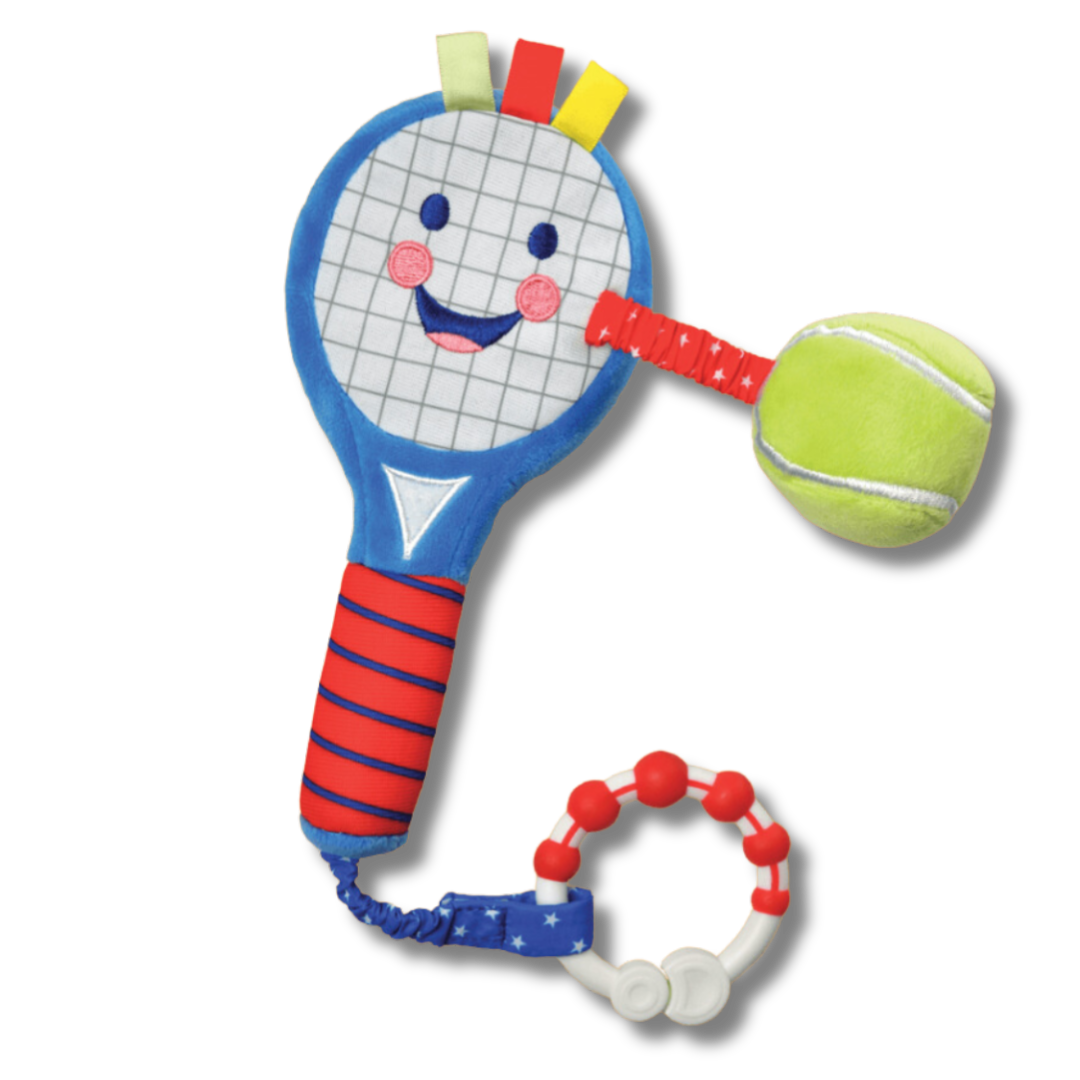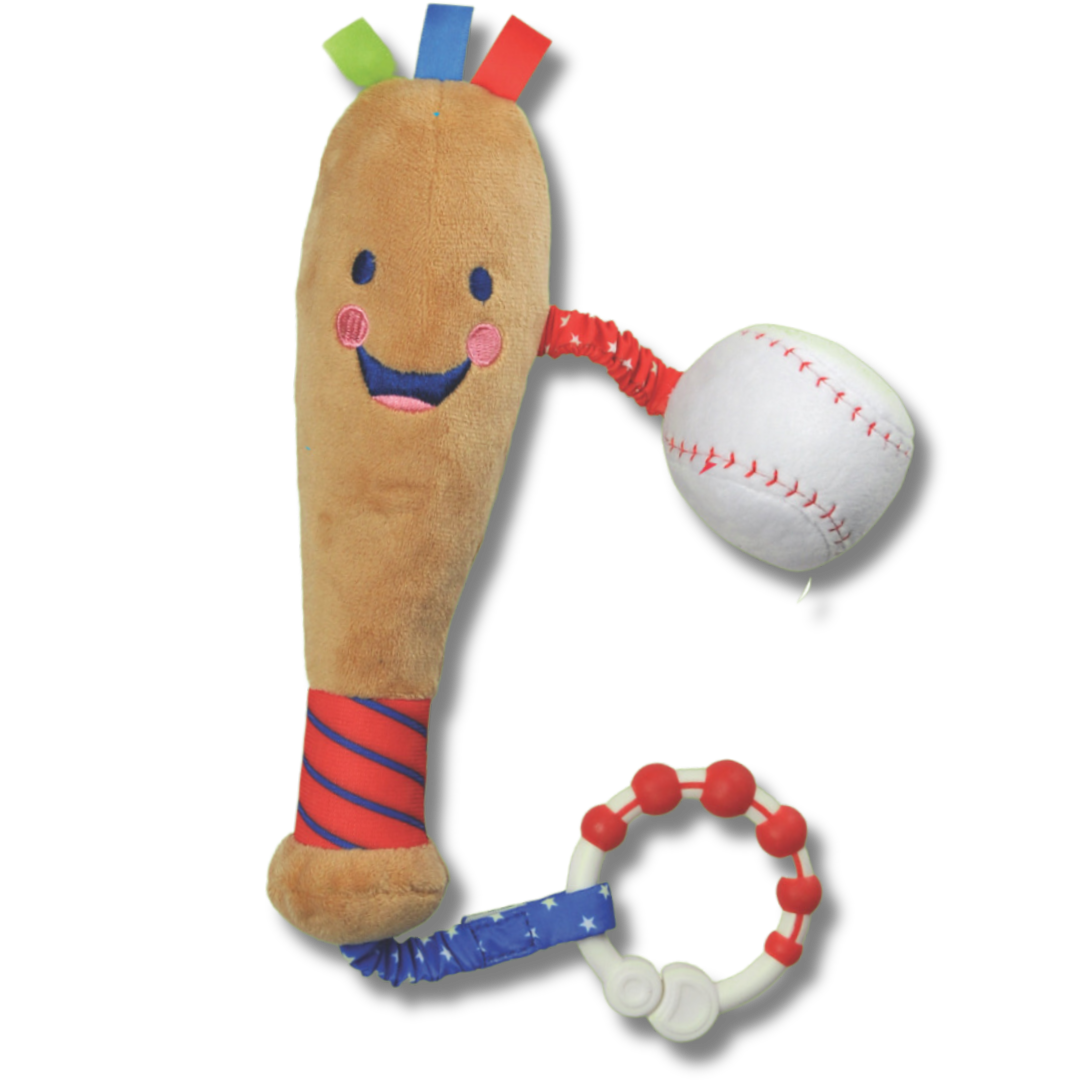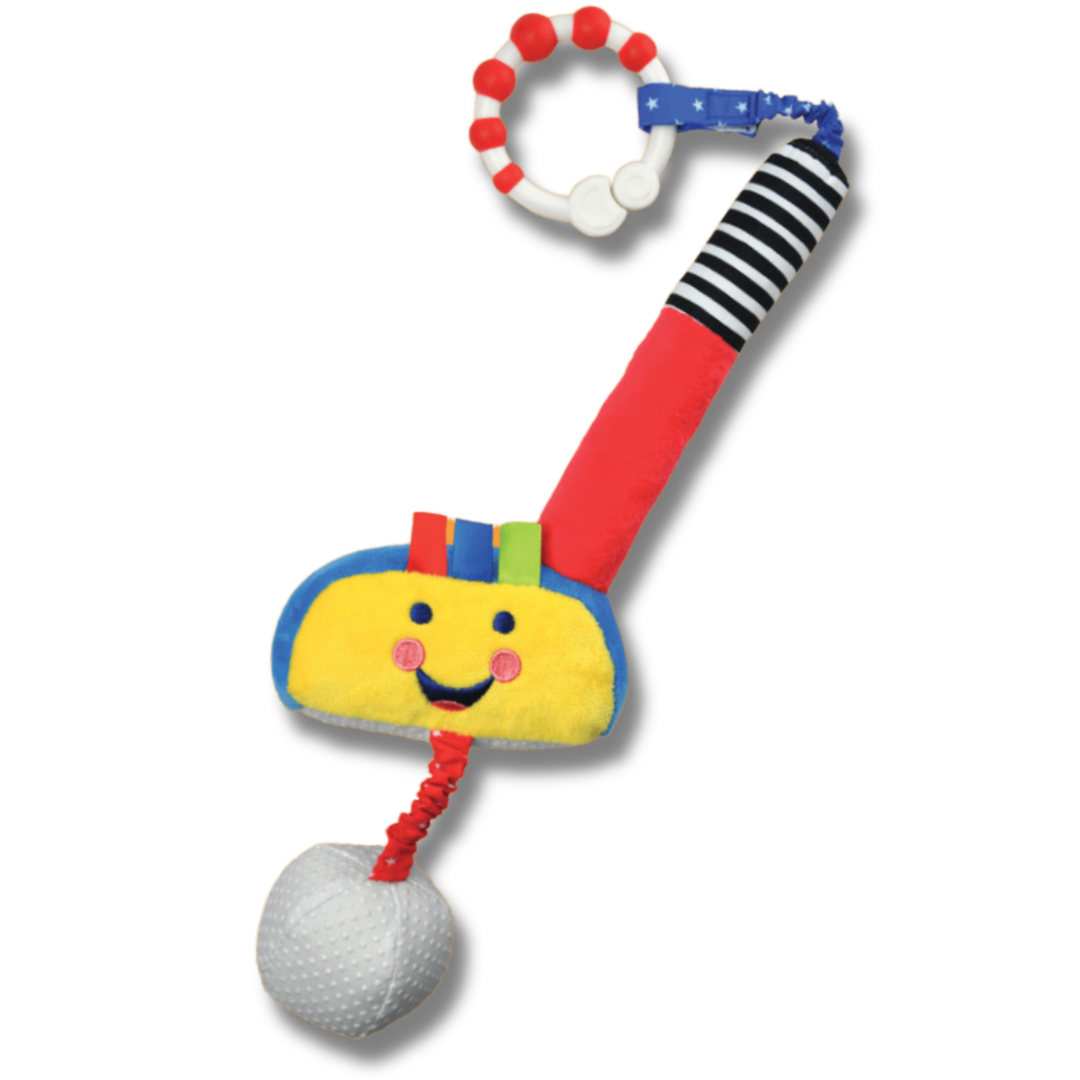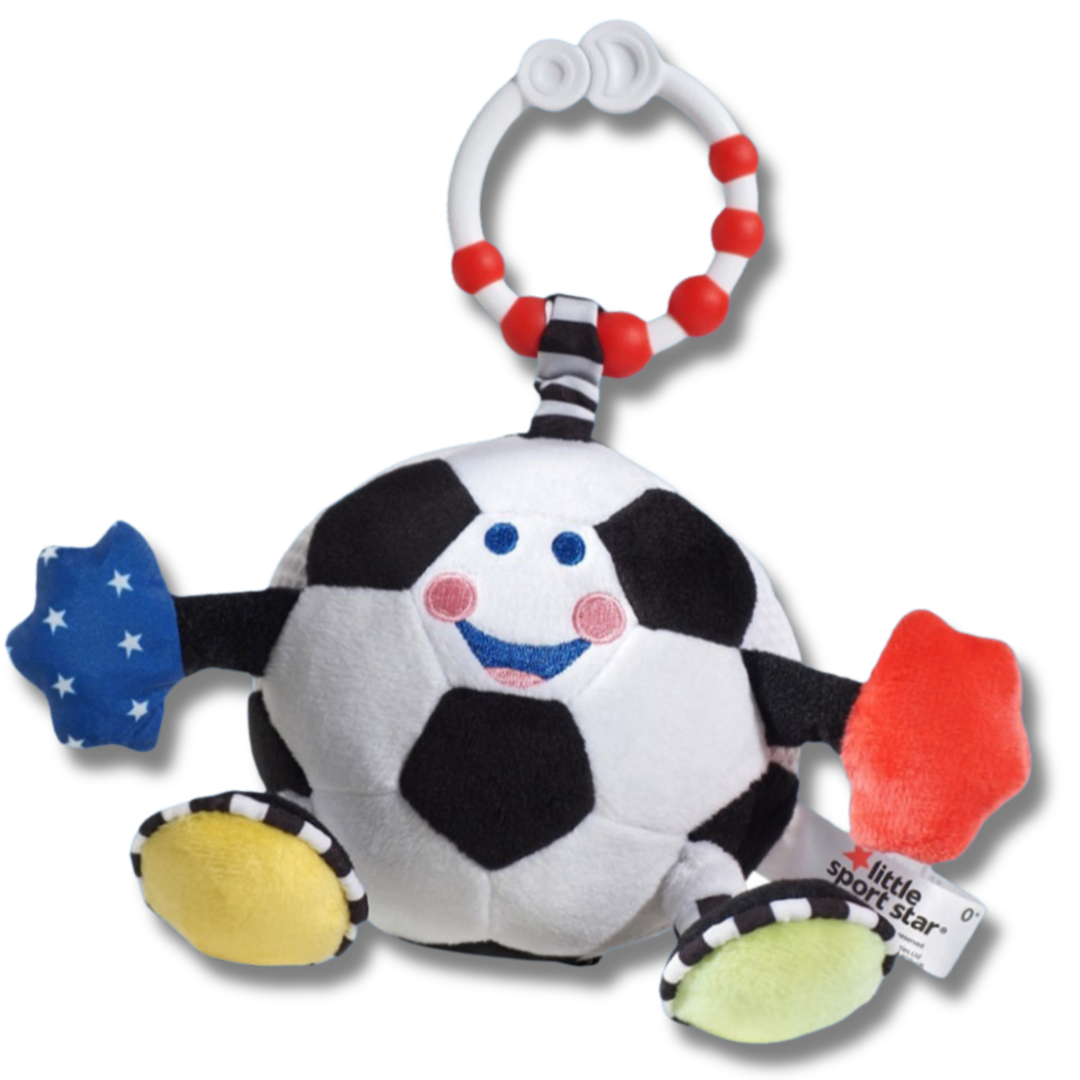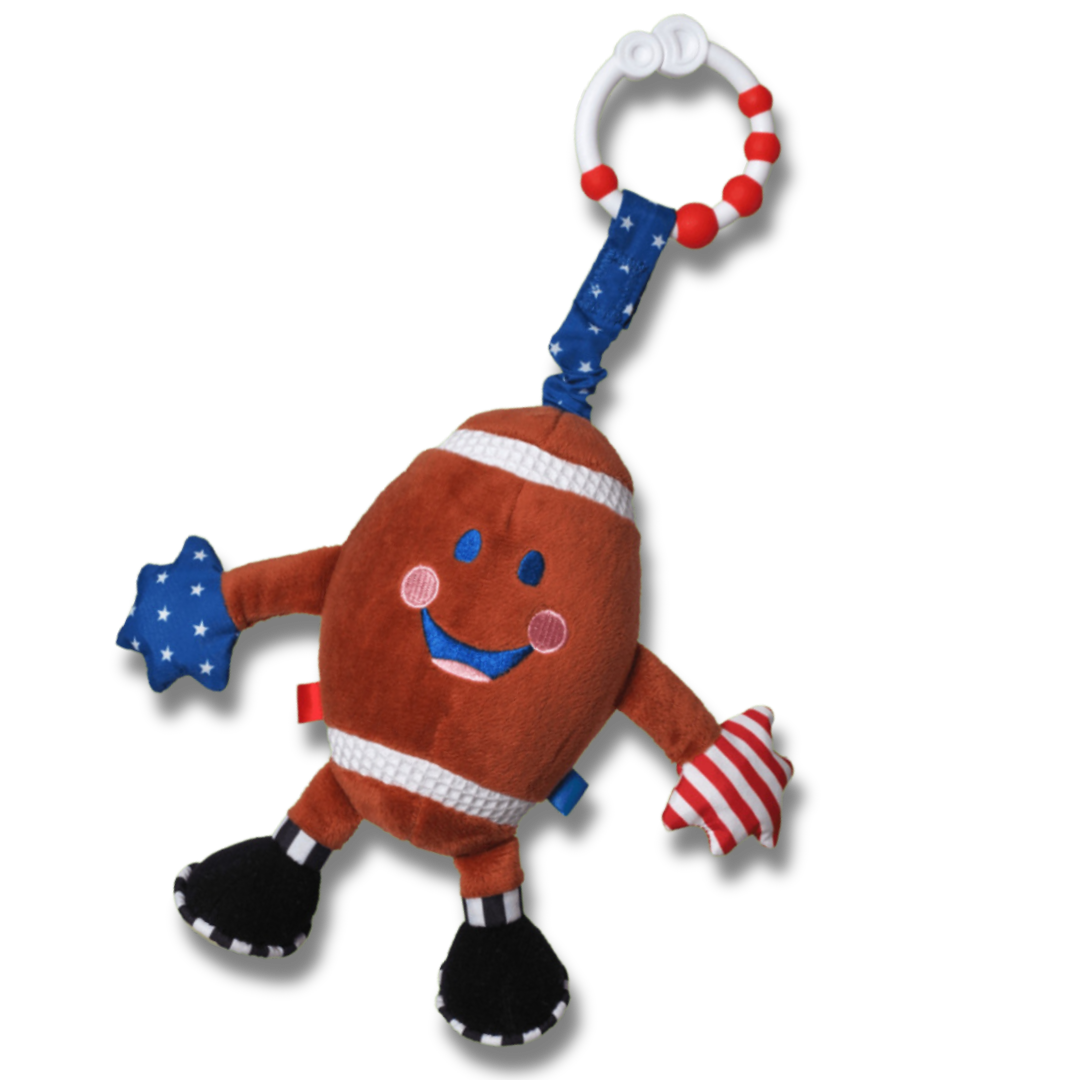

Breaking Barriers: The Importance of Gender-Neutral Play for Babies
As parents, we want the best for our children, including providing them with a happy and healthy childhood. However, often we unconsciously reinforce gender stereotypes when it comes to how we play with our babies. In this blog, we'll explore the difference between how we play with baby boys and baby girls.
Gendered Toys
One of the most common ways that we reinforce gender stereotypes in play is through gendered toys. From trucks and balls for boys to dolls and tea sets for girls, we often limit our children's play based on their gender. This can have long-term consequences, as research has shown that gendered toys can reinforce gender stereotypes and limit children's career aspirations.
Types of Play
Another way that we reinforce gender stereotypes in play is through the types of play we encourage. Boys are often encouraged to engage in active and rough play, while girls are encouraged to engage in quiet and nurturing play. However, both boys and girls can benefit from a variety of play styles, and limiting their play can hinder their development.
Language Use
Another way that we reinforce gender stereotypes in play is through our language use. We may praise boys for being strong and brave, while praising girls for being pretty and kind. This reinforces gender stereotypes and limits children's self-concept.
Breaking Gender Stereotypes in Play
To encourage healthy and diverse play for all children, regardless of their gender, here are some tips:
-
Provide a variety of toys that are not gendered, such as blocks, art supplies, and puzzles.
-
Encourage a variety of play styles, including active, quiet, imaginative, and social play.
-
Praise children for their skills and abilities, rather than their gender.
-
Avoid making assumptions about your child's preferences based on their gender.
-
Be a role model by engaging in diverse play and avoiding gendered stereotypes yourself.
In conclusion, while it's easy to fall into the trap of gender stereotypes in play, it's important to encourage diverse and healthy play for all children, regardless of their gender. By providing a variety of toys and play styles and avoiding gendered language and stereotypes, we can help our children develop into well-rounded individuals.

